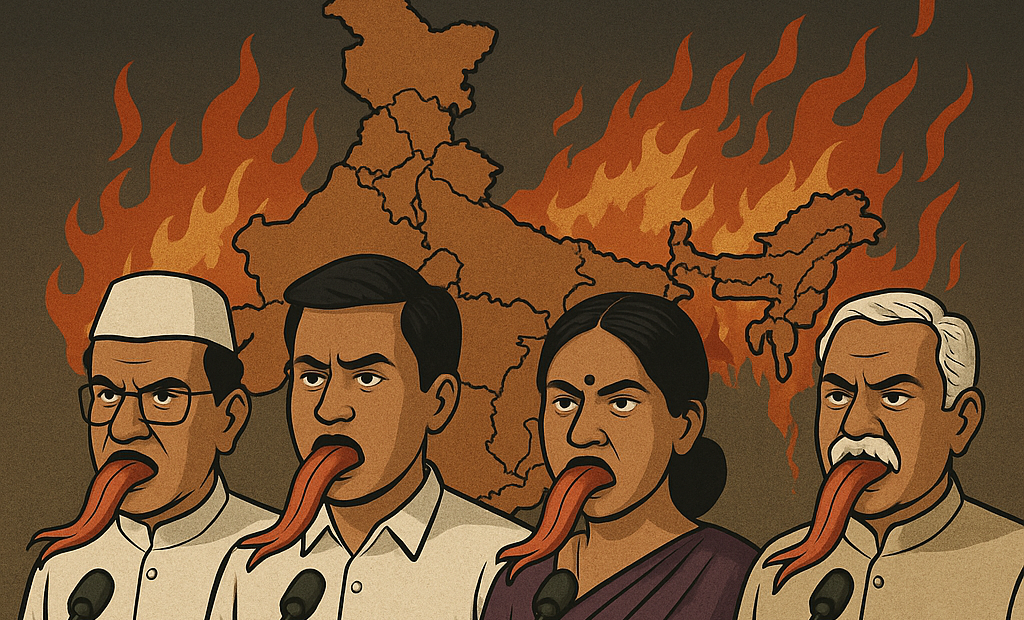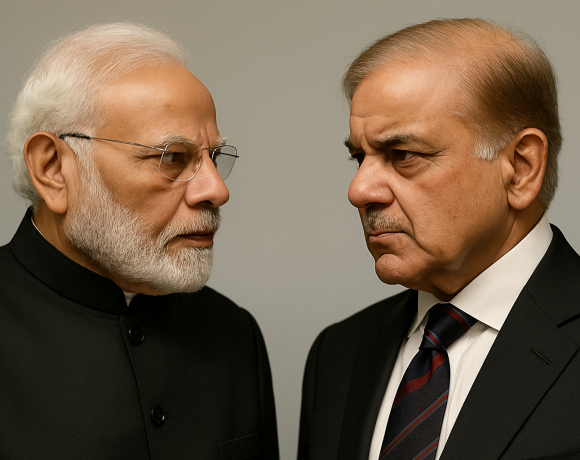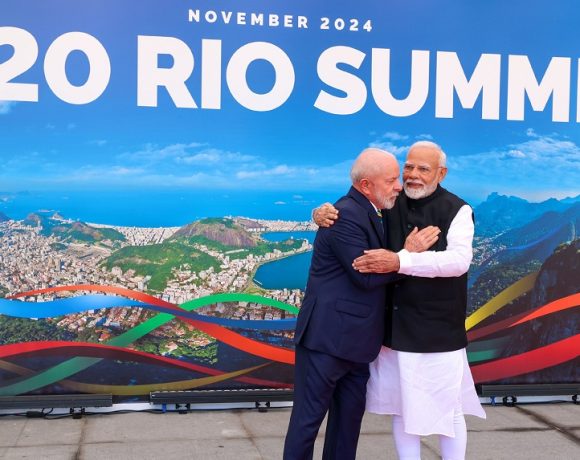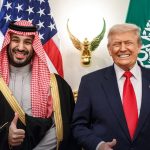
Probe the Tongue-Twisters: MHA Must Order NIA Probe Into Those Fueling India’s Linguistic Divide
For decades, India thrived as a multilingual democracy where cultural diversity was not a threat but a celebrated identity. From the southern shores of Tamil Nadu to the hills of Himachal, linguistic plurality was never seen as an obstacle to unity. Then, seemingly overnight, it became fashionable to turn tongues into political grenades. Language—which once helped a farmer in Punjab sell produce in Maharashtra and a Tamil engineer build a metro in Delhi—has now been repackaged into a wedge issue. And curiously, this isn’t organic discontent. It reeks of orchestration, political scripting, and—potentially—foreign funding.
It is time to stop treating these tongue-wars as harmless politics. The Ministry of Home Affairs (MHA) must instruct the National Investigation Agency (NIA) to launch a full-fledged investigation into political leaders and parties sowing discord in the name of language. We are not looking at democratic expression—we are looking at a playbook of engineered division.
The recent uptick in linguistic chauvinism is not isolated to one state or party. We have seen orchestrated outrage in Tamil Nadu, abrupt anti-Hindi tirades in Karnataka, sudden “Marathi pride” agitations in Maharashtra, and newer fronts emerging in Odisha, Bengal, and Andhra. These are not decades-old debates revived naturally—they are choreographed performances, timed and scripted for maximum polarisation.
The pattern is clear: Social media trends magically emerge, well-funded PR campaigns follow, local influencers jump into the fray, and political leaders deliver fiery speeches about linguistic oppression. Ironically, these same leaders had no problem swearing oaths in Hindi, English, or even Sanskrit when they were eyeing Delhi-based power. The hypocrisy is glaring—but more concerning is the coordination.
What makes this dangerous is that the friction is not issue-based (e.g., job reservations or local representation). Instead, it is identity-based. The moment identity politics enters the linguistic domain, it risks escalating into regionalism, sub-nationalism, and even separatism. This is not democratic dissent. This is a dismantling act—and someone is paying for it.
One must ask the uncomfortable question: who benefits from an India divided on linguistic lines?
We live in an age where foreign influence no longer needs weapons. It requires just Wi-Fi, a few political middlemen, and the willingness to sell national cohesion for electoral gain. Foreign intelligence agencies, rival economies, and anti-India ecosystems have learned that destabilising India through identity fragmentation is far cheaper and far more effective than traditional espionage.
This strategy has played out across the world. Russian trolls influenced US elections. Chinese cyber networks have been accused of fueling unrest in Taiwan. Is it far-fetched to suspect that regional language chauvinism in India could be externally aided, especially when leaders pushing this agenda are receiving lavish donations, inexplicable digital support, and international coverage?
Many of these leaders have ties with “cultural” NGOs based abroad, speak at events hosted by anti-India diaspora lobbies, and mysteriously multiply their campaign budgets during identity-based movements. Some have even participated in forums that openly question India’s federal structure under the guise of cultural freedom.
There is a method here—and it is time to follow the money.
This isn’t just a matter of ideological mischief or rhetorical excess. If language-based movements are being artificially fuelled, then the funding trail becomes the most important clue. And that’s where the National Investigation Agency (NIA) must come in—not as a censor of opinion, but as a watchdog of national security.
The Ministry of Home Affairs must direct the NIA to probe:
- Foreign Contributions to Regional Political Parties: Many of these regional outfits, barely surviving a few years ago, now seem flush with funds. Their sudden influx of money during language protests must be investigated under the Foreign Contribution Regulation Act (FCRA).
- Shell Entities and NGOs: Are these so-called cultural foundations actually fronts for funneling money into identity-based agitation? The NIA has in the past cracked down on similar NGOs in Kashmir and the Northeast—why should the linguistic battlegrounds be treated differently?
- Social Media Influence Networks: Bots pushing anti-Hindi or anti-Tamil hashtags, content farms amplifying divisive speeches, and paid influencer networks parroting the same talking points—all need forensic analysis. The rise in coordinated digital campaigns around language pride is far too synchronized to be spontaneous.
- Asset Disproportion of Leaders: Some political figures championing language wars also exhibit rapid asset growth, luxury lifestyles, or frequent unexplained international visits. These require scrutiny not as a witch-hunt, but as standard national security diligence.
Let us be clear: the NIA isn’t being asked to curb dissent. It is being asked to follow financial trails, digital footprints, and overseas connections that point to potential subversion—masked as “cultural assertion.”
There’s a strong legal case for this. The Foreign Contribution Regulation Act (FCRA) prohibits political parties from receiving foreign donations. The Unlawful Activities (Prevention) Act (UAPA) empowers the state to act against individuals or groups spreading enmity between groups, especially if aided by foreign actors.
Precedents exist. The NIA has previously investigated hawala networks funding stone-pelters in Kashmir. It has traced cyber networks aiding Maoist groups. When these same methods are now potentially being used to fracture India through the soft weapon of language, why should the state delay action?
Additionally, the Supreme Court of India has repeatedly upheld the right of the government to maintain national unity through reasonable restrictions on activities that threaten the sovereignty and integrity of the nation. If some parties are trying to sow discord by injecting hatred into linguistic identities, they fall well within the investigative mandate of the NIA.
India has survived invasions, insurgencies, economic crises, and border wars. But it has always done so as a united, multilingual republic. If a few political actors think they can redraw that reality with foreign funds, PR agencies, and manufactured outrage—they must be reminded of the consequences.
This is not about Hindi versus Tamil, or Kannada versus Marathi. This is about India versus the saboteurs who have found a new weapon: our own words.
The Ministry of Home Affairs must treat this not as politics, but as national subversion. The NIA must be deployed, not just to investigate these actors, but to send a clear message: India’s unity is not for sale, not even in 22 scheduled languages.


















